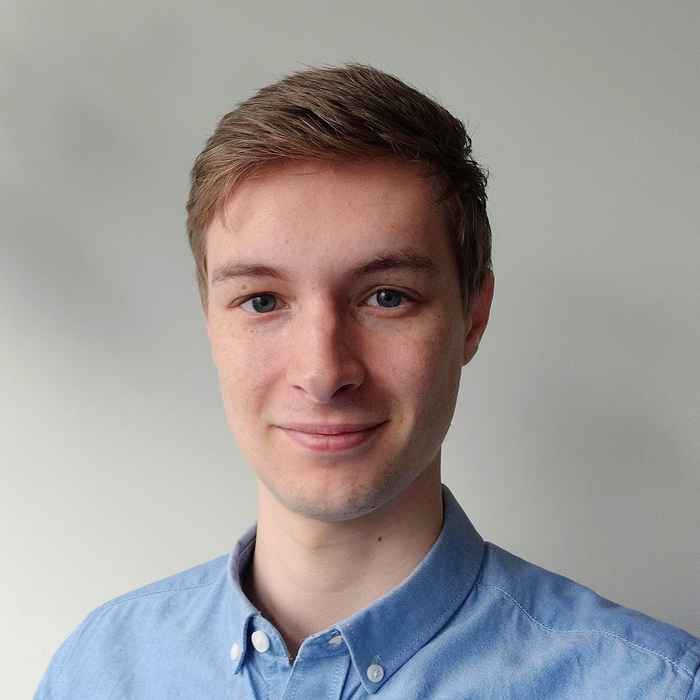Yoram Goedhart, Forensic DNA at the Netherlands Forensic Institute

What I enjoyed about the Master programme was the ability to explore my interest in different disciplines and to learn how my own knowledge about biological techniques could be applied within the field of forensic science. I also became more interested in the application of forensic methods in other environments. My research project is a good example of that: I had the opportunity to explore the potential of forensic science in the field of cultural heritage at the Rijksmuseum. During this internship, I investigated a piece of 18th century clothing from the Rijksmuseum collection and analysed the micro traces that could still be found. It was the perfect opportunity to dive into many disciplines at once and to get in touch with various experts in the field.
After graduating from the master, I started working at the Netherlands Forensic Institute in the department of biological traces. Here, I interpret, compare and report on DNA-profiles. For my work, I still use the knowledge and skills that I gained during the Master programme. It helps me to gain a better understanding of the cases I’m working on and allows me to write a report that the police will find helpful and understandable.
As of now, I’m exploring what I want the next step in my career to be. I might want to dive deeper into forensic DNA, explore other disciplines or get back into academia.
To new students, I would advise to talk with many people in the field. This will allow you to explore your interests and you’ll find out about jobs that you didn’t even know existed!